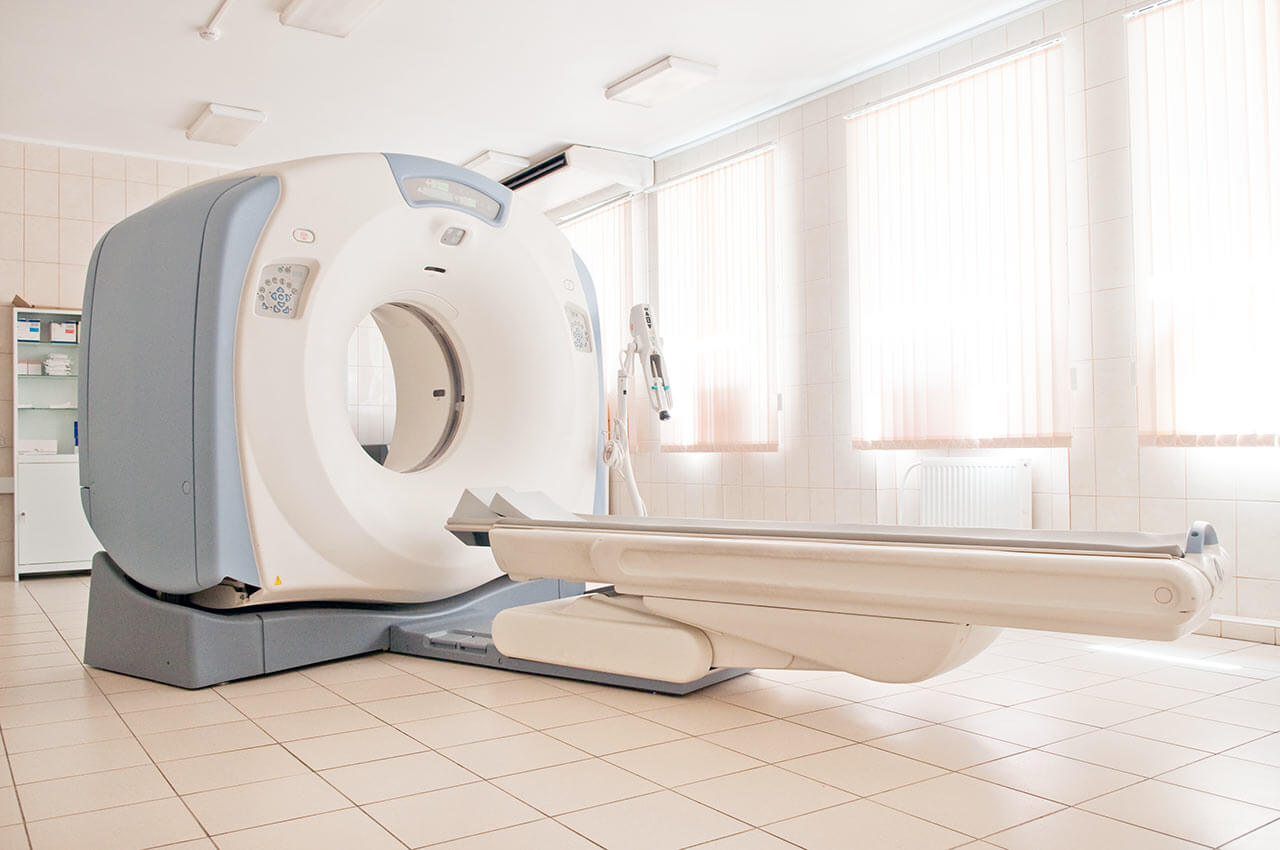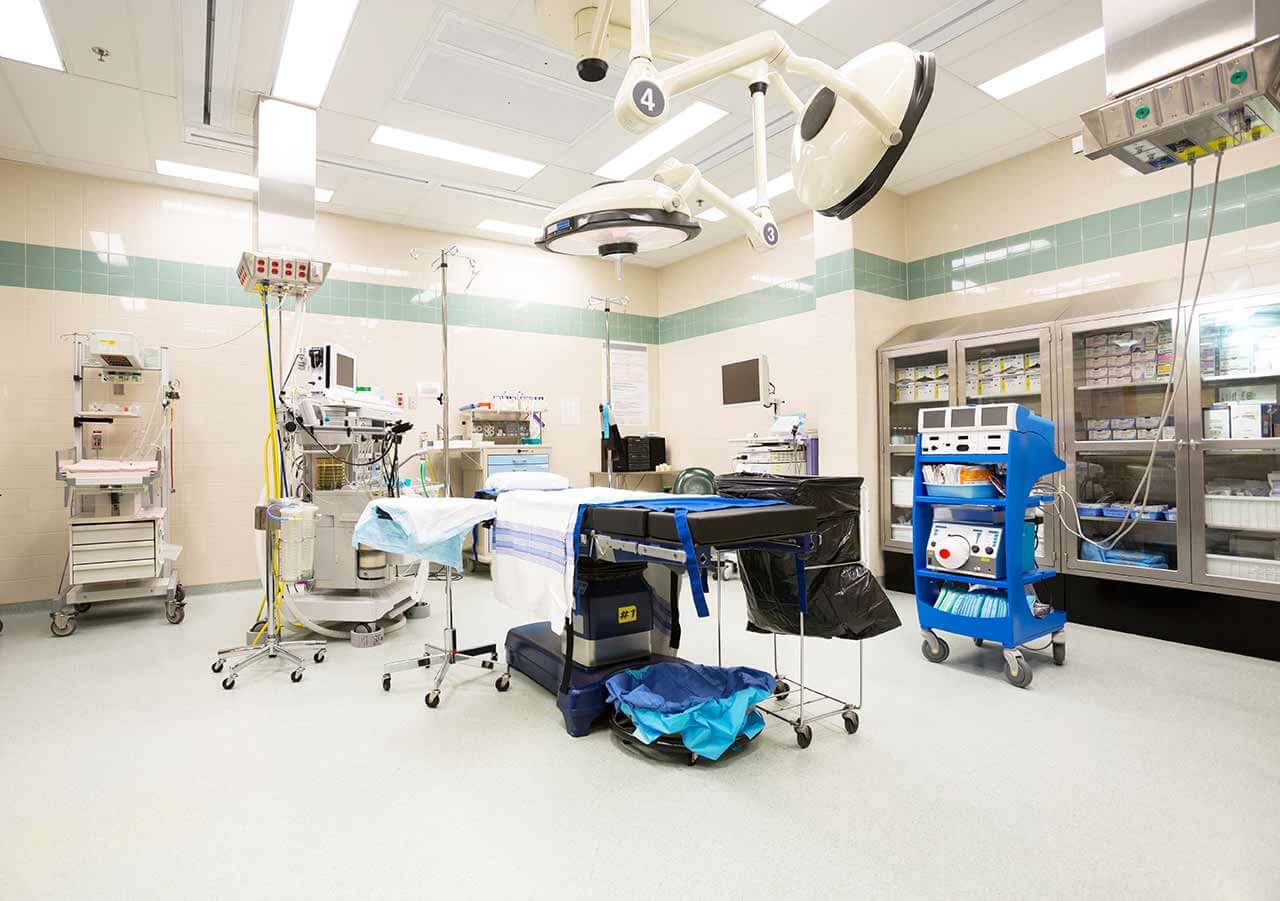
The program includes:
- Initial presentation in the clinic
- clinical history taking
- review of medical records
- physical examination
- laboratory tests:
- complete blood count
- general urine analysis
- biochemical analysis of blood
- inflammation markers (CRP, ESR)
- blood coagulation analysis (aPTT, PT, INR)
- hormone test (estradiol, progesterone, prolactin, DHEA-s, FSH, LH)
- gynecological examination.
- ultrasound examination: pelvis, abdomen, thyroid gland, breasts
- nursing services
- consultation of related specialists
- treatment by chief physician and all leading experts
- explanation of individual treatment plan
Required documents
- Medical records
Service
You may also book:
 BookingHealth Price from:
BookingHealth Price from:
About the department
The Department for Congenital Metabolic Disorders at the University Hospital Mainz offers the full range of diagnostics, treatment and research of congenital lysosomal storage diseases, as well as disorders of intermediary metabolism. The department specializes in various forms of rare congenital metabolic disorders, for example, Fabry, Gaucher, Pompe diseases, mucopolysaccharidosis, etc. The medical facility ranks among the leading centers of this kind in Germany. The Chief Physician of the department is Prof. Dr. med. Julia Hennermann.
The department offers advanced expertise in the treatment of lysosomal storage diseases. Thanks to the active research activities of the department, three new drugs for the treatment of mucopolysaccharidosis were introduced into therapeutic practice, as well as one drug for the treatment of Pompe disease. It is worth noting that the department is part of the multidisciplinary Center for Pediatric and Adolescent Medicine. This is particularly important for patients with comorbidities, as they can receive a comprehensive, timely diagnostics and treatment here.
The service range of the department includes the diagnostics and treatment of the following diseases:
- Lysosomal storage diseases
- Various forms of mucopolysaccharidosis
- Mannosidoses
- Gaucher disease
- Pompe disease
- Niemann-Pick disease
- Fabry disease
- Wolman disease / cholesterol accumulation disease
- Gangliosidosis GM1, GM2
- And other storage diseases
- Disorders of intermediary metabolism
- Phenylketonuria
- Aminoacidopathy (leucinosis (maple syrup disease, MSUD) tyrosinemia)
- Nonketotic hyperglycinemia
- Organic aciduria
- Urea cycle disorders (UCDs)
- Fatty acid oxidation disorders
- Disorders of the carnitine cycle
- Glycogenoses
- Galactosemia
- Pyridoxine (vitamin B6)-dependent epilepsy
- Congenital hyperlipidemias
- Disorders of fructose metabolism
- Smith-Lemli-Opitz syndrome
- And other diseases
- And other diseases and metabolic disorders
Photo of the doctor: (c) Universitätsmedizin der Johannes Gutenberg-Universität Mainz
About hospital
The University Hospital Mainz is one of the best maximum care medical facilities in Germany and an internationally recognized scientific center. There are more than 60 departments and institutes, which represent all fields of modern medicine. The hospital serves more than 68,000 inpatients and more than 273,000 outpatients annually, which testifies to the excellent reputation of this medical institution.
The key to the successful clinical practice is also a highly qualified medical staff, which consists of 7.800 employees from various fields. The doctors of the hospital are convinced that each clinical case requires an individual approach, therefore, they devote much time to consultations and communication with patients. The main goal of all hospital employees is to provide an optimal medical care based on the use of the state-of-art diagnostic and therapeutic measures, as well as the introduction of the latest scientific achievements into the medical practice.
The best interns and assistant physicians are trained here. The world-famous leading physicians of the hospital share their long experience and professional skills. Naturally, an integral part of the university hospital work is research, thanks to which many innovative possibilities in the field of diagnostics and therapy have been developed.
Photo: (c) depositphotos
Accommodation in hospital
Patients rooms
The patients of the University Hospital Mainz live in bright, spacious and comfortable rooms. The patient rooms are equipped with modern electronically adjustable beds, which at the touch of a button automatically assume a specified position. Also, there is a TV and a telephone in the patient rooms. To use them, it is necessary to get a prepaid card (in vending machines at the entrance to the hospital). The use of a TV is free, but the patient will need headphones. Telephone calls are made for a fixed fee, which will be withdrawn from the prepaid card at discharge from the hospital. Also, each patient room is equipped with an ensuite bathroom with shower, washbasin and toilet.
Meals and Menus
The patients of the hospital are offered a tasty and balanced three meals a day: breakfast, lunch and dinner. The menu also includes vegetarian and dietary dishes. In addition, for both patients and their visitors there are available cafeterias and bakeries, where one can buy baked goods, snacks, hot and cold drinks.
Further details
Standard rooms include:





